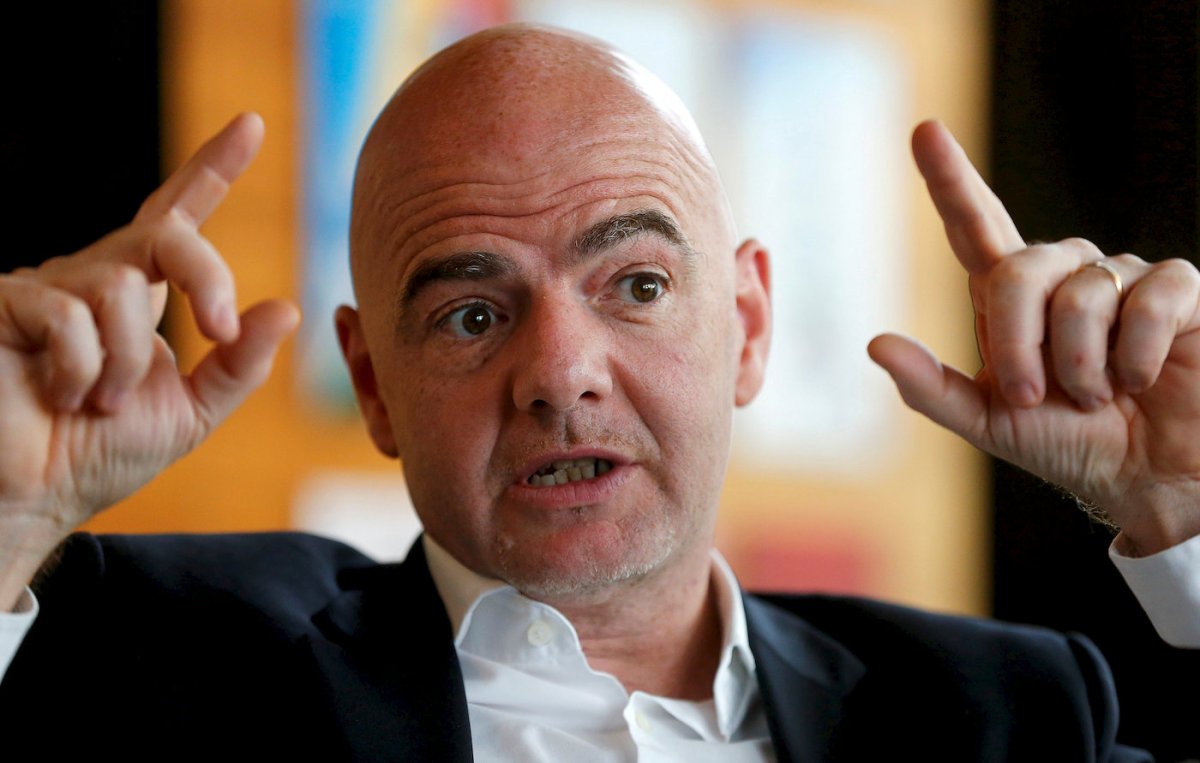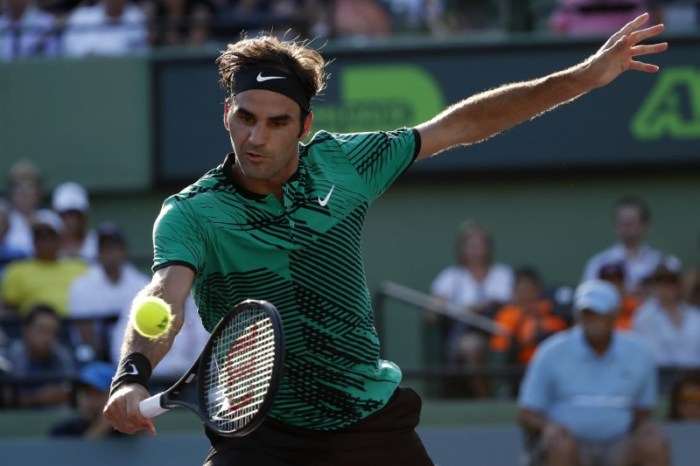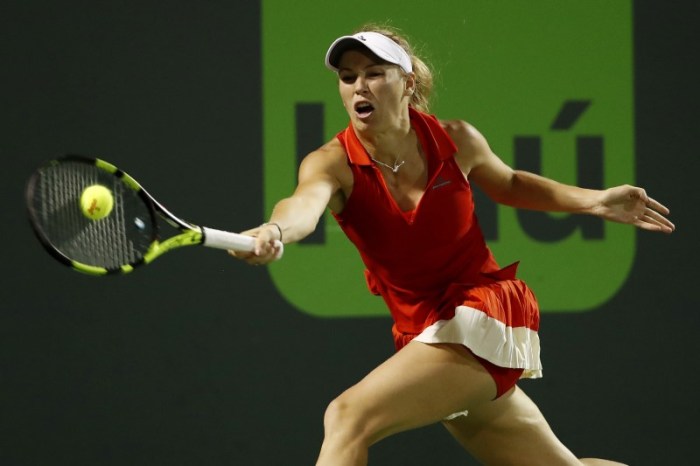By Brian Homewood
ZURICH (Reuters) – Soccer’s governing body FIFA is cutting off cash to national football associations that fail to meet basic standards of transparency as its new boss works to clean up the sport after years of corruption scandals. FIFA president Gianni Infantino said in an interview this week that the organization was keeping a closer eye on its 211 member associations (FAs) to ensure they use funds properly and are not subject to political interference. FIFA told Reuters that 23 FAs, more than 10 percent of the total, currently have their funding blocked for failing to meet the requirements. It did not identify them or say when FIFA had cut off their money. Infantino, elected in February to replace the disgraced Sepp Blatter, said FIFA had set up 11 regional offices around the world to keep a closer eye on the FAs.
“I want to make sure we have systems in place where we can assist and monitor all associations on a regular basis so we are not taken by surprise by a given country,” he said.
Some of the requirements were very basic, such as producing audited financial statements, which he said “seems obvious but didn’t happen in many countries.”
“If you want to be eligible (for funding) you need to be able to show your revenues, your costs, basic things.”
In more serious cases, FIFA can intervene or even suspend FAs. The world body took over the running of the Argentine FA in June after it became immersed in a financial and governance crisis, including a presidential election which ended in a 38-38 tie even though only 75 delegates had a vote. Guatemala was suspended from international football last week after its members refused to cooperate with a FIFA-appointed committee, set up after two top officials were among dozens of international soccer figures indicted last year in the United States for racketeering, money-laundering and bribery. But Infantino said FAs often needed guidance rather than sanctions. “Rather than shooting at them, we need to sit with them, tell them to show us the books and (explain) how we can help.” THIN LINE
Many FAs around the world are plagued by infighting and administrative problems, even to the extent that they struggle to fulfill international fixtures. In one case, a mix-up over payments to a charter airline led to Nigeria’s team getting temporarily stranded in Atlanta and arriving at the Rio Olympics hours before their opening match kicked off. Infantino said it was never easy to decide when to intervene and the dividing line was often thin, especially in some African countries where the FAs depend heavily on funds from their respective sports ministries. During the interview, he was asked to comment on a photograph taken earlier this year of an African sports minister addressing the national side during a training session, a sight that would raise eyebrows in Europe. Did that constitute political interference?
“It depends on what he says,” he said. “If he is setting up (picking) the team, then that’s not (allowed), obviously. But, if he is wishing them good luck for the next game and motivating them, then it’s okay.” Sometimes, the issue was clear-cut, however.
“There are situations that we cannot accept, especially when, after negative sporting results, a government or a ministry just kicks out a whole federation and appoints a (new) president,” he said. “Then we intervene.” (Writing by Brian Homewood; Editing by Mark Trevelyan)
Infantino wields funding threat to make FAs put their houses in order

By Brian Homewood















